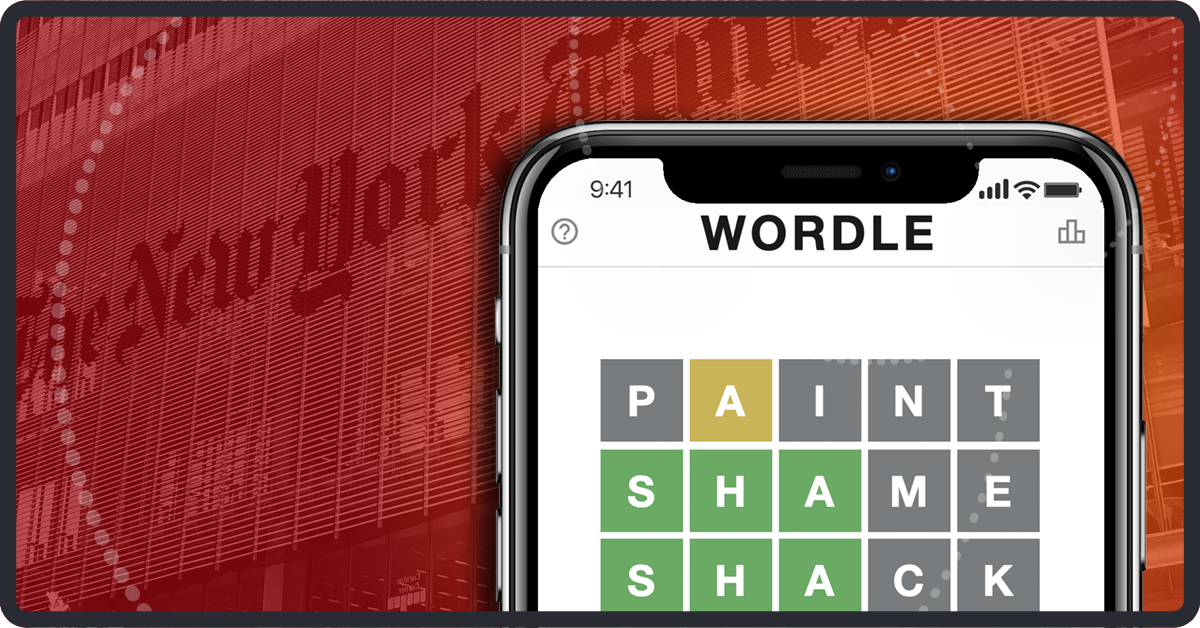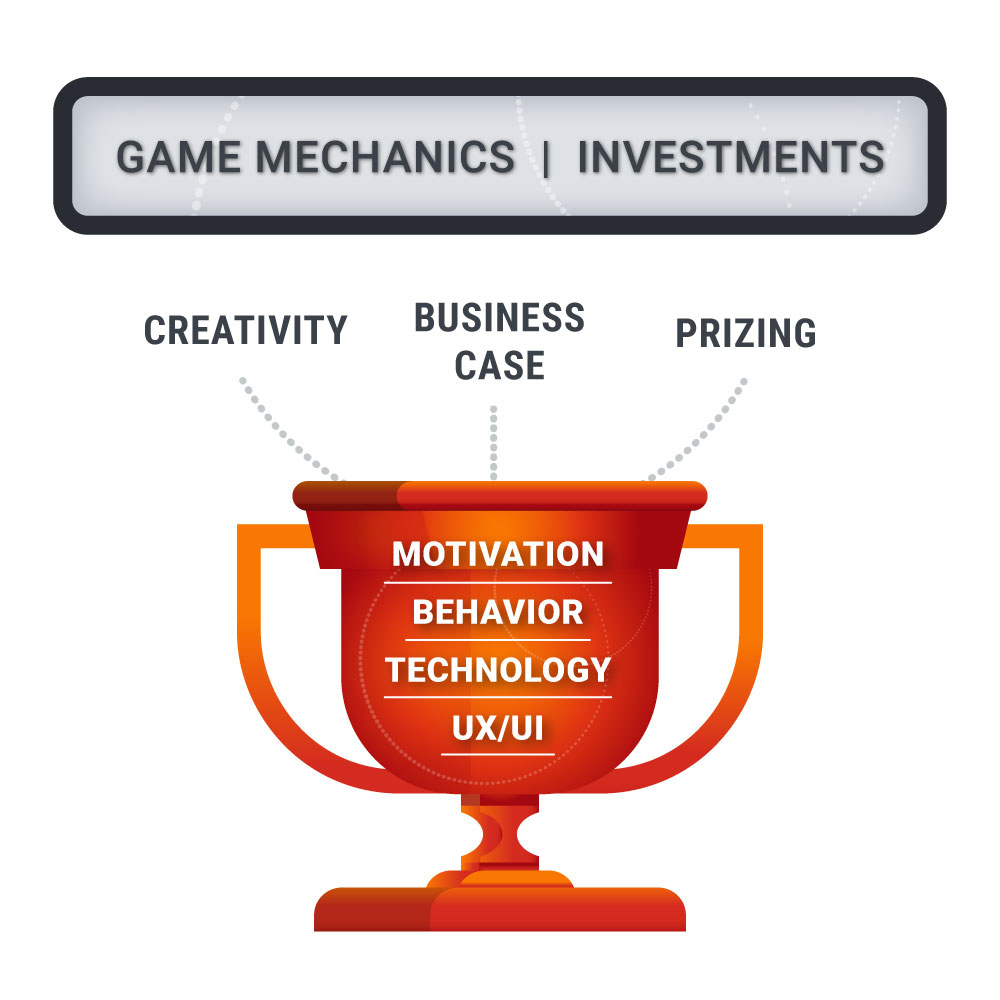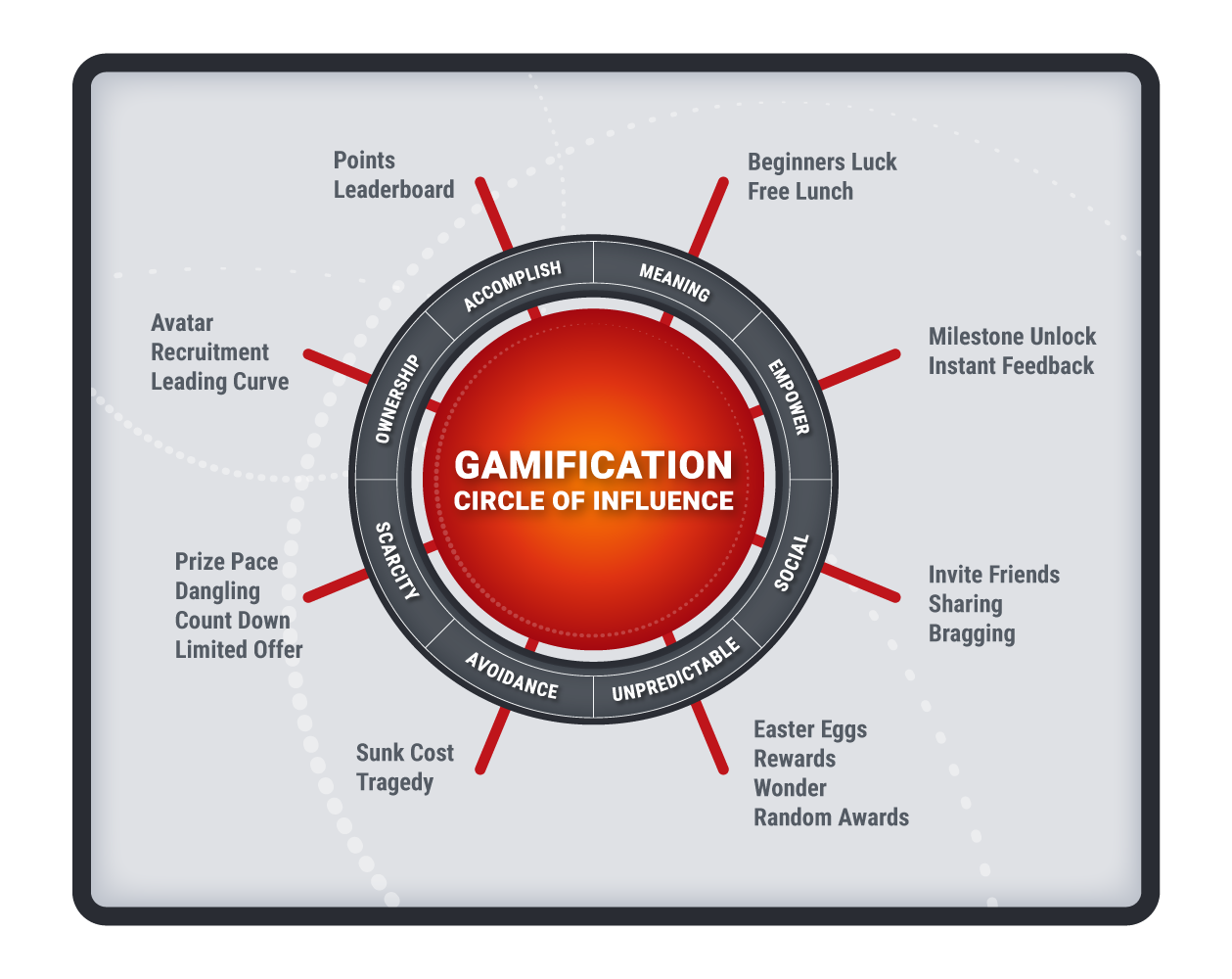



May I interest you in a Wordle?
If you’ve tried it once, chances are you are playing WORDLE daily. It’s strangely addictive. If you’ve not tried it, what are you waiting for?
Feb 20, 2022 | Greg Mackling, on-air personality
The reward for completing the daily puzzle combines the best of what we remember from our childhood games such as hangman or mastermind. In addition, it’s an awareness of self-satisfaction. Competitors can share a simple line-graph-like object, indicating how many attempts it took them to complete the day’s puzzle. Unfortunately, there is no (at least not yet) Wordle World Championship.
The rise of play
Wordle has gone from a game between two players in October 2021, to an online phenomenon, with millions of people playing it every day. It is regularly one of the top trending terms, topics, or keywords on Twitter. But, unfortunately, there are no national or international rankings… yet. There isn’t even a machine-specific leader board, like the good ol’ days’ Frogger, Galaga, Space Invaders, or Pac-Man. Much like the movie “Fight Club,” the number one rule is supposedly, “Don’t talk about Wordle.” However, talk about it, people are. Wordle allows players six opportunities to guess a new five-letter word that bears the name of its creator Josh Wardle. Wardle’s invention recently earned him a reported “seven-figure” windfall, as the New York Times has acquired the rights to the game.
Why are people playing?
Why do we play any game without a seven-figure payoff for the winners? In an interview with Psych News Daily, Matt Baldwin, a psychologist at the University of Florida, points out six psychological concepts that explain our infatuation with this straightforward game:
1. Wordle delivers an “aha” moment, even if you lose;
2. it takes our minds off the constant stream of worrisome news;
3. Wordle is easily shared;
4. Wordle is binge-proof: scarcity heightens interest;
5. it satisfies our urge to fit in with our peers; and
6. It lets you show off your smarts in a socially acceptable way.
Balwin continues,” We like to tune our internal states to the internal states of others. I may think Wordle is fun, but when I see that everyone else on Twitter thinks it’s fun, then it’s like it becomes an objective fact.”
These aren’t, of course, the only six reasons we play a video game. However, they tick critical boxes in creating engagement with seasoned and rookie gamers. They also play into the Principles of Gamification.
Principles of Gamification
When Fannex thinks about game design, we often discuss the business objectives with our clients and what sponsor would most benefit from the creative concept. Then, we boil it down to creating a motivation (a strong Call-To-Action—prizing helps). Next, we develop the scenes and what behaviours the fan needs to complete within the constraints of the available technology. This leads to creating the fan experience by testing and configuring the mobile version until the creative direction, and the business case objectives are in sync.


Caption: Game Mechanics & Investments requirements.
In the book Actionable Gamification, the author and pioneer of gamification, Yu-Kai Chou, goes a step further by outlining 8 essential core drivers of game design. Of particular note is his thought on, “empowerment of creativity and feedback is expressed when users are engaged in a creative process where they repeatedly figure new things out and try different combinations.” Hmm, this perfectly describes Wordle don’t you think? It’s challenging, but the player gets feedback that empowers the next guess after each guess.


Caption: Infographic inspired by Yu-Kai Chou, Actionable Gamification, Beyond points, badges, and leaderboards. ©2014.
When we think about the gaming space, and the age of slick motion graphics, a game like Worlde comes along and pivots towards simplicity and challenges us in a way we didn’t see coming. Wordle just created a huge engaged community where one didn’t exist before. It will be interesting to see what New York Times does with their investment. Will they sell a subscription to Wordle or bundle it with their existing crossword platform? Or will they offer it as a loss leader—the gateway game—to advertise the subscription monthly or yearly plan? Time, will tell. Keep playing; good luck!
